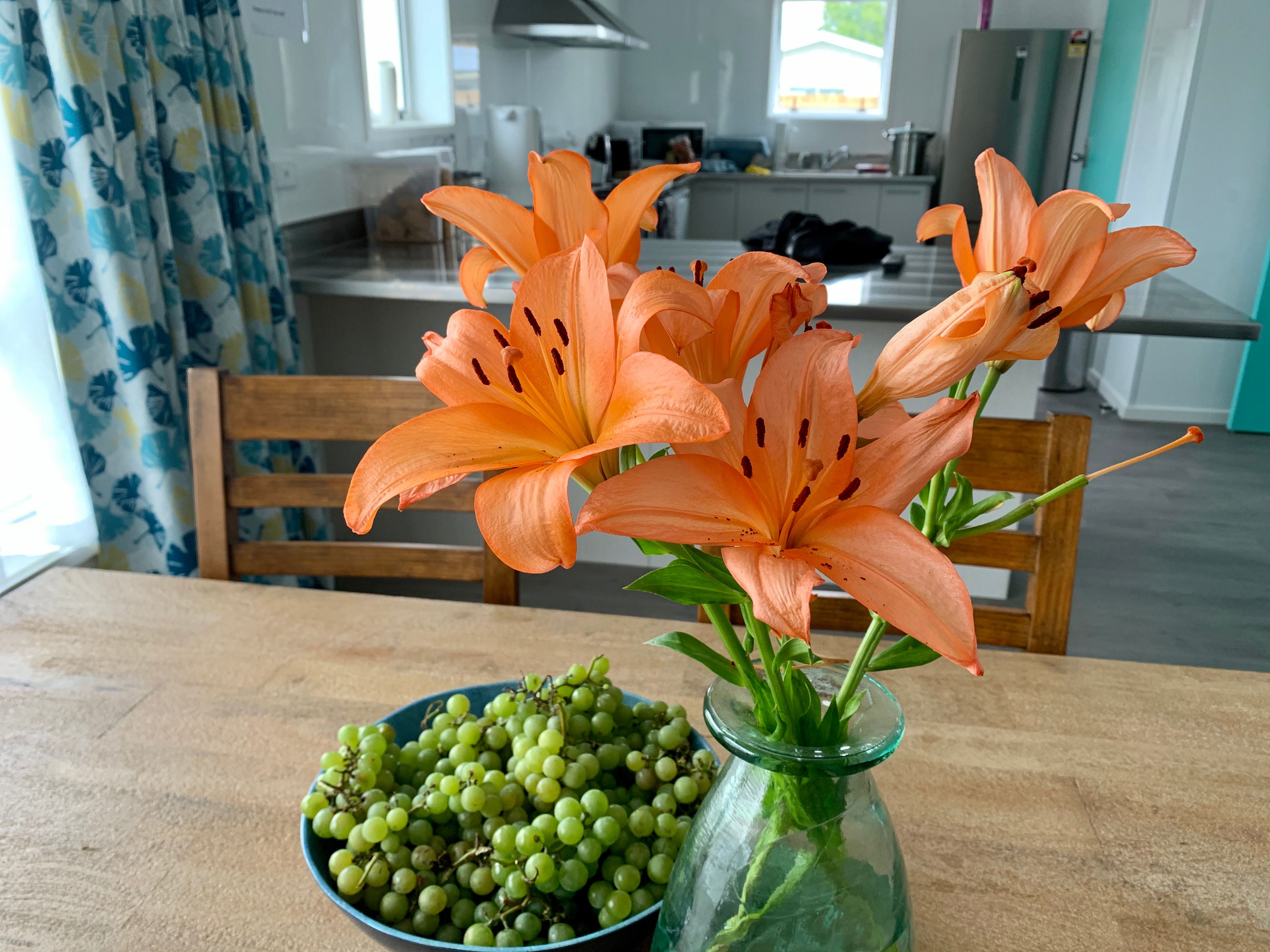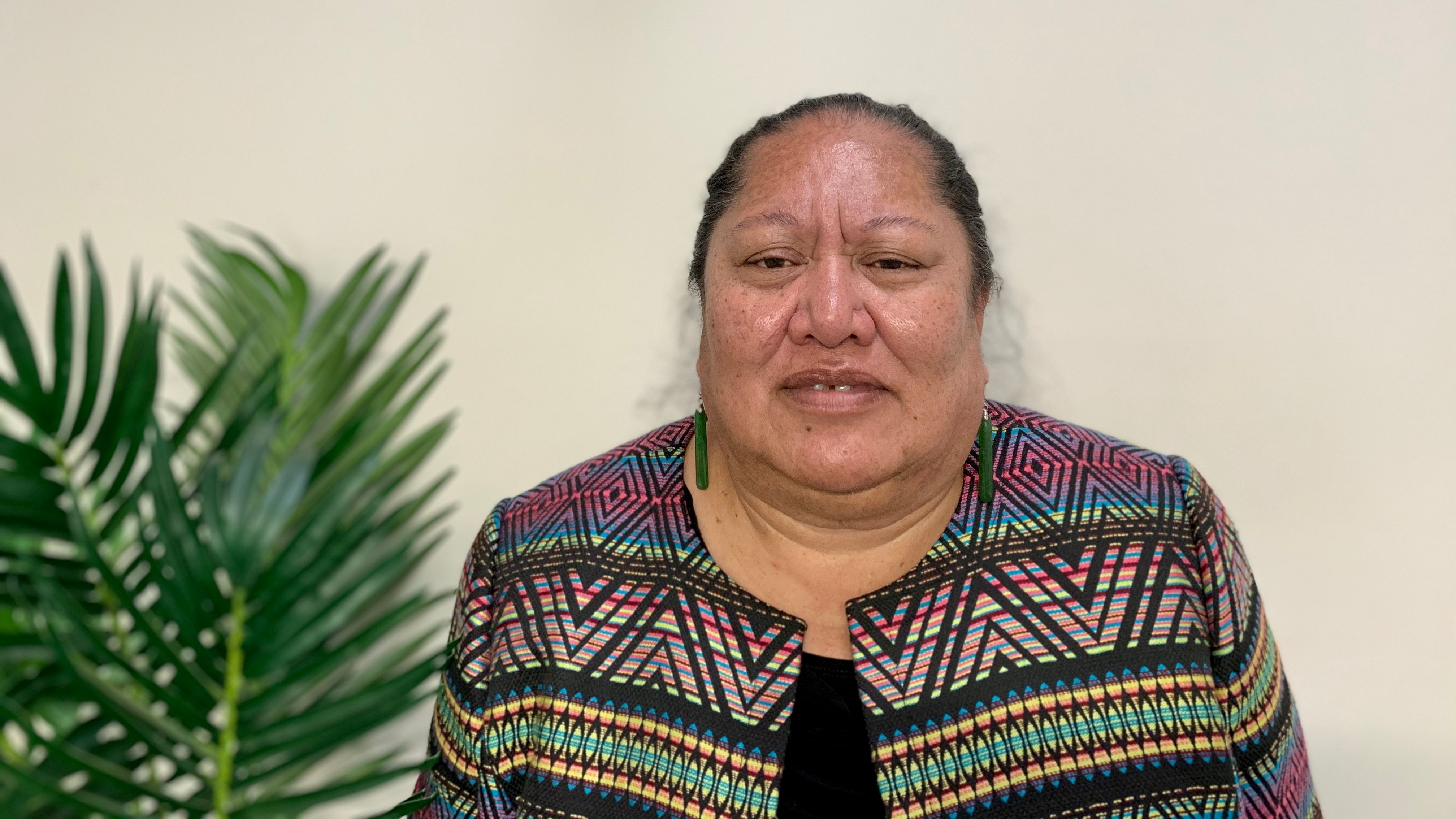Rangatahi in Napier safe with iwi Trust
Published: April 1, 2021
Iwi Social Service Provider for the Ahuriri region, Roopu a Iwi Trust, has opened a whare for tamariki and rangatahi in need of emergency care.

The home was opened in December to meet a demand for improved emergency care options for children and rangatahi in the East Coast area.
Support on arrival
CEO of Roopu a Iwi Trust, Maureen Mua, says when rangatahi arrive to stay at the home, the aim is to make them feel like the whare is their place.
“Our focus is on stabilising them.”
Rangatahi often arrive at night, for example a young person who has been placed into Oranga Tamariki custody by Police because there is nowhere safe for them to go at that point in time.
The presence of nannies and aunties
The staff who greet the children or young people upon arrival are titled ‘kaimanaaki’.
They are a group of eight mature wāhine who work shifts in the whare, staying fresh, enthused, and consistent for the young people.
Rather than recruiting for the roles, Maureen shoulder tapped all the women through community connections.
“They’re nannies and aunties and their skills can’t be taught.”

Whakahokia te tamaiti
The opportunity for Roopu a Iwi Trust to run the whare gives rise to “Whakahokia te tamaiti” and a pathway for tamariki/rangatahi to connect with whānau, hapū and iwi if appropriate.
The home is open 24/7 and has a Kaupapa Māori approach of care underpinned by Roopu a Iwi Trust’s own values.
When a child or young person arrives, they get their own room and a Manaaki plan is put together for them.
Whāia te iti Kahurangi!
The whare was gifted the name ‘Te Iti Kahurangi’ by local kaumatua. It comes from the whakataukī: Whāia te iti Kahurangi, ki te tuohu koe, me he maunga teitei - Seek the treasure that you value most dearly, if you bow your head, let it be to a lofty mountain.
The whakataukī is about perseverance and endurance; refusing to let obstacles get in your way while striving to reach your goals.
Trust and showing you care
One kaimanaaki at the whare, *Anna, who has eight tamariki herself and 20 mokos, says she treats the rangatahi who stay in the whare like her own.
“These kids remind me of my own kids. We try to be firm but fair.”
Another, *Hilary, with nine children and 24 mokopuna, was in care herself as a child and has always had a passion for working with youth at risk.
“What I think is most important for the rangatahi is trust and showing them that you care.”
Find out more about how we work with others.

